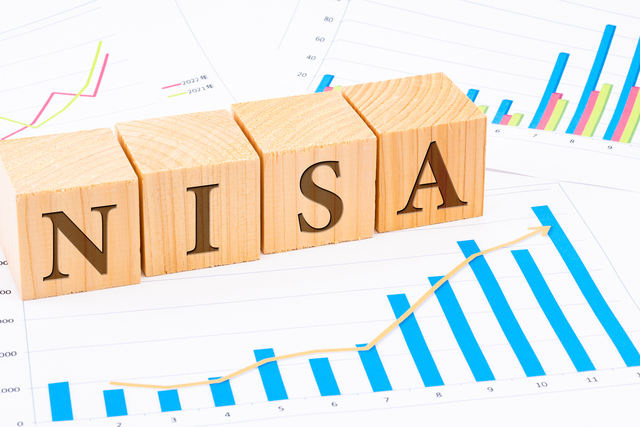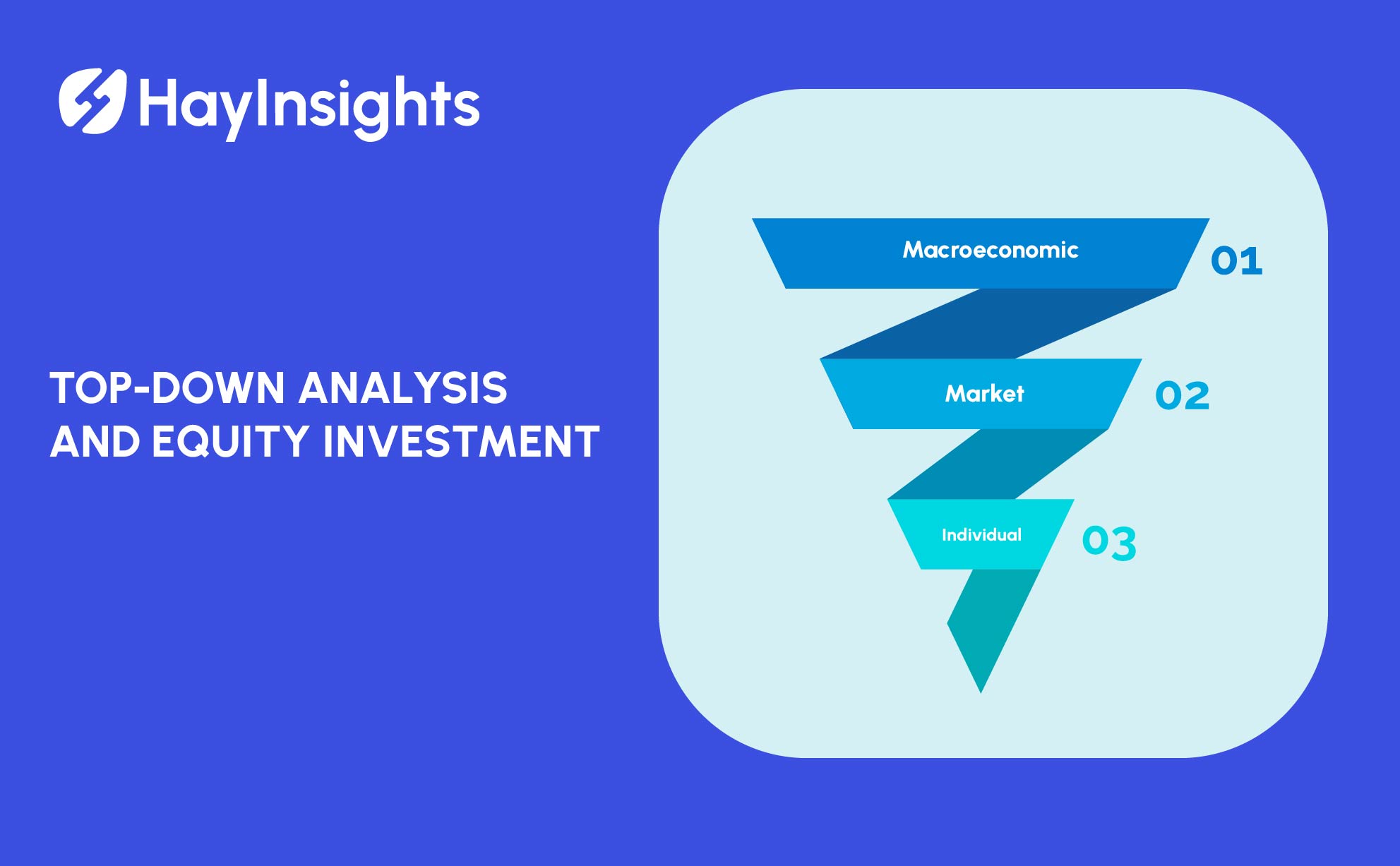
Can Foreigners join NISA Program in Japan? The Ultimate Guide 2025
Are you a foreign resident in Japan looking for smart ways to invest and grow your wealth? You’ve likely heard about the NISA (Nippon Individual Savings Account) program, a powerful tax-advantaged investment vehicle designed to encourage long-term savings. But a critical question remains: can foreigners join NISA program?
The short and definitive answer is yes. If you are a legal resident of Japan with a valid residence status, you are generally eligible to participate in the NISA program, regardless of your nationality. However, the path to opening and managing a NISA account as a foreigner comes with a unique set of challenges, from language barriers to complex international tax laws.
This comprehensive guide will walk you through everything you need to know about NISA for foreigners, from eligibility and the application process to the specific tax considerations and strategic advice that can help you make the most of this valuable investment tool. By the time you’re done reading, you will understand not just if you can join the NISA program, but also how to do it successfully.
Understanding the New NISA Program (2024 Reform)
Before diving into the specifics for foreigners, it’s essential to grasp the fundamentals of the new NISA program, which was a major reform rolled out in January 2024. The new system replaces the old NISA and Tsumitate NISA accounts with a combined, more flexible framework.
The new NISA program is designed to be more powerful and long-lasting than its predecessor. It is divided into two key components:
-
Tsumitate NISA (積立投資枠): This portion is designed for long-term, passive investing. It has an annual investment limit of ¥1.2 million and is specifically for investing in a select list of mutual funds and ETFs approved by the Financial Services Agency (FSA).
-
Growth NISA (成長投資枠): This part offers more flexibility. It has an annual investment limit of ¥2.4 million and allows you to invest in a wider range of securities, including individual stocks, ETFs, and mutual funds.
A key feature of the new NISA is that the tax-exemption period is now indefinite, meaning your investments can grow tax-free for a lifetime. There is also a lifetime investment limit of ¥18 million, of which up to ¥12 million can be allocated to the Growth NISA portion.
This new structure makes NISA an incredibly attractive option for anyone residing in Japan, including non-Japanese citizens, by providing a powerful incentive to move savings from low-interest bank accounts into the market for long-term growth.
Eligibility Requirements for Foreign Residents in Japan
The eligibility to join the NISA program is based on residency, not citizenship. To be a NISA account holder, you must meet the following criteria:
-
Residency Status: You must have a legal residency status in Japan. This includes most visa types, such as work visas, spousal visas, and long-term resident visas. Tourists or individuals on short-term visas are not eligible.
-
My Number Card: You will need a valid My Number Card (マイナンバーカード) or a My Number Notification Card (通知カード) to prove your identity and tax information to the financial institution.
-
Age: You must be 18 years or older to open a NISA account.
It’s important to note that if you are a non-permanent resident, your eligibility is tied to your visa status. If your residency status changes or you leave Japan permanently, you will no longer be eligible to hold a NISA account. This is a crucial point that we will discuss in more detail later.
Overcoming the Application Process Challenges for Foreigners
While the answer to “can foreigners join NISA program” is “yes,” the practicalities of the application can be daunting. The process is not always straightforward due to a few key hurdles.
The Language Barrier
The primary challenge for many expats is the language. Most Japanese banks and online securities firms have their application forms and customer support in Japanese. This can be a significant obstacle, especially for complex financial terms and legal declarations.
-
Online Brokers: Companies like Rakuten Securities and SBI Securities are popular choices, but their websites and application interfaces are predominantly in Japanese. While some forums suggest using browser translation tools, it is not recommended for legally binding financial documents where a misunderstanding could have serious consequences.
-
Traditional Banks: While some major international banks in Japan may offer English support, the fees and investment options they provide might not be as competitive as online brokers.
Required Documentation
The documentation required to open a NISA account is standard for most financial accounts in Japan but can still be a source of confusion. You will typically need:
-
Residence Card (在留カード)
-
My Number Card
-
Proof of Address: A utility bill or tax document showing your name and current address.
-
Hanko (Personal Seal): While not always required for online brokers, some traditional banks may still ask for one.
Broker Selection for Foreigners
Choosing the right brokerage is critical. When looking for a provider that allows foreigners to join the NISA program, consider the following factors:
-
English-Language Support: Does the brokerage offer an English-language website or customer support? Interactive Brokers Japan has recently launched NISA accounts with English support, making it a strong contender for expats.
-
Product Offerings: Does the broker offer the specific stocks, ETFs, or mutual funds you wish to invest in?
-
Fees and Commissions: Compare account maintenance fees and trading commissions. Online brokers often have lower fees than traditional banks.
The NISA Program and U.S. Citizens: A Special Case
For U.S. citizens residing in Japan, the answer to the question “can foreigners join NISA program” becomes much more complex due to the U.S. tax system. The U.S. government taxes its citizens on their worldwide income, regardless of where they live. This means that even though NISA is tax-free in Japan, it is not automatically tax-free in the U.S.
The primary issue for U.S. citizens is the “Passive Foreign Investment Company” (PFIC) rule. Many of the mutual funds and ETFs available in a NISA account are classified as PFICs by the IRS, leading to burdensome reporting requirements and a potential for punitive tax rates.
-
つみたてNISA: Since this portion is exclusively for mutual funds, most of them will be considered PFICs, making Tsumitate NISA a non-starter for most Americans due to the tax complexities and compliance headaches.
-
Growth NISA: The Growth NISA portion allows for individual stock purchases. U.S. citizens can use this account to invest in individual Japanese companies, which generally do not fall under the PFIC rules. This is a common strategy for Americans to navigate the NISA program while minimizing tax compliance issues.
While a NISA account is not tax-exempt in the U.S. for Americans, it can still be beneficial. The U.S. capital gains tax rate on long-term investments is often lower than the Japanese rate, so you may still benefit from the Japanese tax exemption. However, it is highly recommended that U.S. citizens consult with a tax professional who is familiar with both Japanese and U.S. tax laws before opening a NISA account.
NISA vs. iDeCo: Which One Is Better for You?

For foreigners in Japan, NISA is not the only tax-advantaged investment option. iDeCo (Individual-type Defined Contribution pension plan) is another powerful tool. To decide which is right for you, consider their key differences:
-
Purpose: NISA is a general-purpose investment account for any long-term goal. iDeCo is a retirement-focused plan, and funds cannot be withdrawn until you reach the age of 60.
-
Tax Benefits: NISA offers tax-free growth on capital gains and dividends. iDeCo provides a tax deduction on contributions, tax-free growth, and preferential tax treatment on withdrawals at retirement. This makes iDeCo a very attractive option for reducing your current taxable income.
-
Withdrawal: You can withdraw funds from a NISA account at any time without penalty. iDeCo is locked until retirement, making it unsuitable for goals like a down payment on a house or children’s education.
-
Leaving Japan: When you permanently leave Japan, your NISA account must be closed and the assets sold. Your iDeCo account, however, can be maintained and managed from abroad, though you cannot make new contributions.
For many foreigners, especially those with uncertain long-term plans in Japan, the flexibility of the NISA program makes it a more suitable choice. However, if you are committed to living in Japan long-term, maximizing your iDeCo contributions first can be a powerful strategy for tax savings.
What Happens to Your NISA Account When You Leave Japan?
This is a critical and often overlooked consideration for expats. Since NISA eligibility is tied to being a resident of Japan, you cannot continue to hold a NISA account after you permanently leave the country.
When you file your “Notification of Leaving Japan” (出国届) with your local ward office and your broker, you will be required to close your NISA account. This means you must sell all the assets held within the account and transfer the proceeds to a taxable bank account before you depart. This can have significant financial implications, especially if you are forced to sell your investments at a loss or miss out on future gains.
This is a key reason why some expats may choose to invest through international brokers with accounts in their home country, even while residing in Japan. While this forfeits the Japanese tax benefits, it provides more flexibility and continuity if you plan to move abroad in the future.
Conclusion: Making an Informed Decision
So, can foreigners join NISA program? Yes, they can, and for many, it is a fantastic opportunity to take advantage of Japan’s tax-advantaged investment system. The new NISA program, with its indefinite tax-free period and flexible structure, makes it a more attractive option than ever before.
However, the journey for a foreigner is not without its complexities. The language barrier, the specific tax implications for certain nationalities like U.S. citizens, and the fact that you must close your account upon leaving Japan are all crucial factors to consider.
For those who are committed to living in Japan long-term, the NISA program offers a powerful way to build wealth. For those with more uncertain plans, it is a decision that requires careful planning and consideration of your personal circumstances. By understanding the rules, weighing your options against other programs like iDeCo, and seeking professional advice where needed, you can successfully navigate the world of Japanese investing and use the NISA program to secure your financial future.













